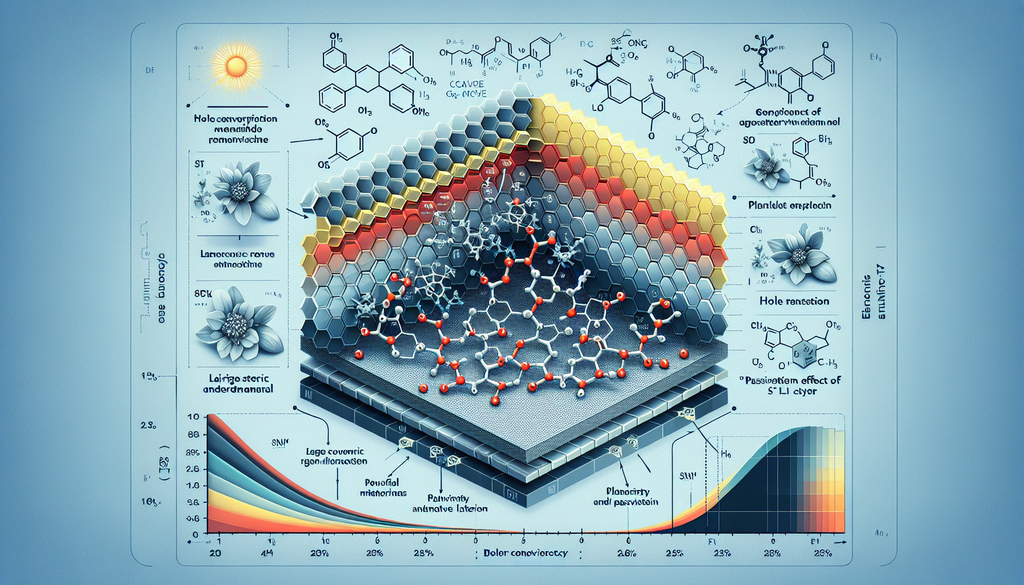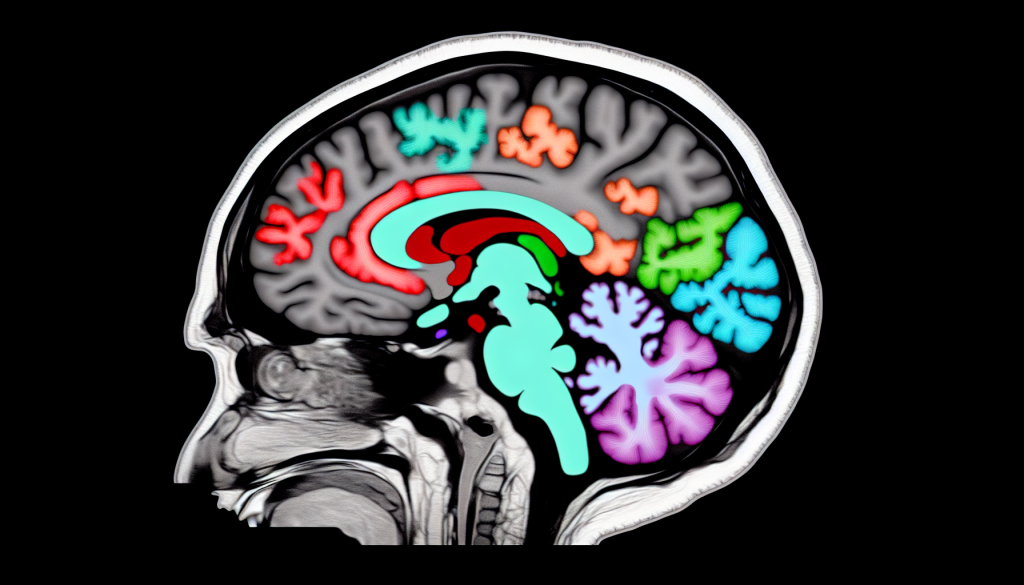Shingles Vaccine Tied to Reduced Dementia Risk

— Recombinant Shingles Vaccine Linked to 164 Days Free from Dementia Diagnosis Key Points Those who received the recombinant shingles vaccine (Shingrix) saw a 17% longer duration without a dementia diagnosis compared to patients who got the live vaccine version. This extension translates to 164 more days on average without receiving a dementia diagnosis. The findings add to the growing understanding of a potential link between shingles vaccination and the prevention of dementia. A recent

8957 likes
318 078 views





